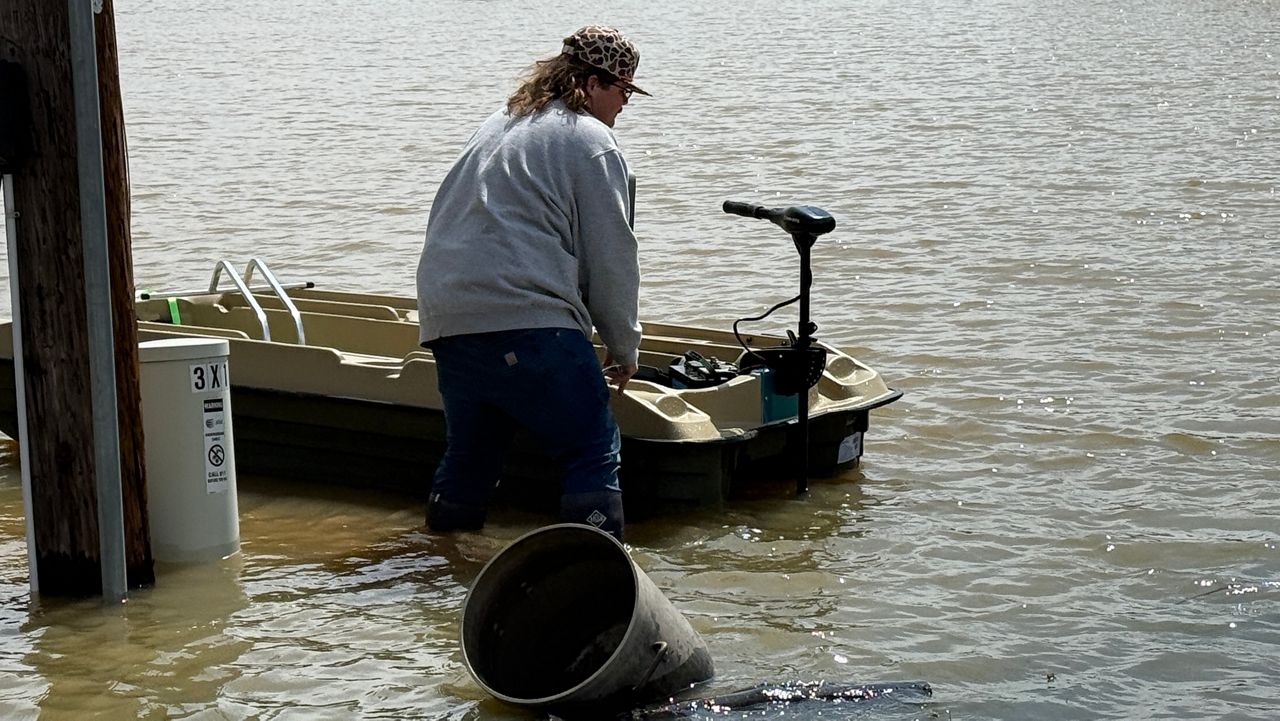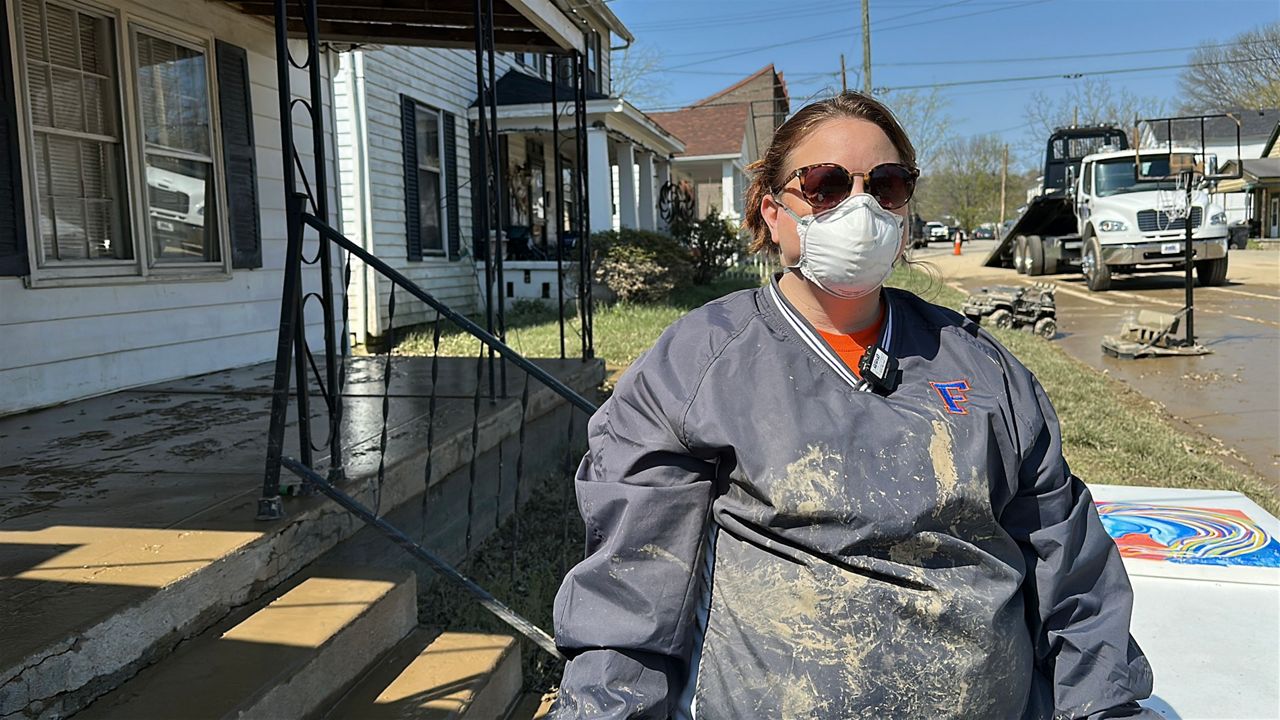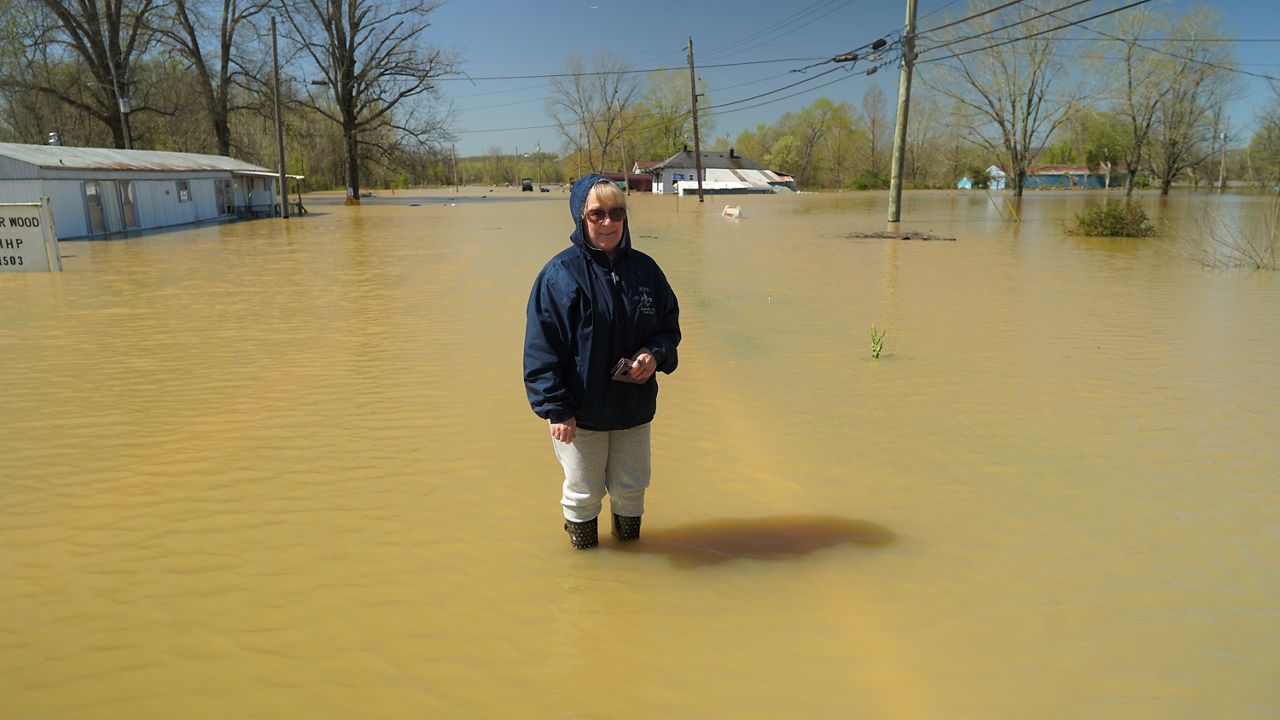LOUISVILLE, Ky. — In late January, President Donald Trump's administration placed a pause on federal funding and grant money, a move that had organizations in Kentucky temporarily shut out of their federal funding portals.
St. Vincent de Paul is just one of many Louisville-based organizations receiving a significant amount of federal funding this year. The freeze on funding created tense moments for executive director Jennifer Clark, she said.
Each month, St. Vincent de Paul receives $175,000, money that goes directly to help approximately 100 Louisville residents and families pay rent. Clark said she estimates 5,000 Louisville residents benefit from federal housing assistance programs.
“When it comes to that rental assistance, that is absolutely critical for us to have on a monthly basis, and any delay will result in us not being able to pay people’s rent," Clark said. “We can’t float that.”
The nonprofit receives funding from different state, federal and local sources, but the $175,000, in particular, is money that was awarded to St. Vincent de Paul through a competitive grant process. For nearly 24 hours, the organization was blocked from receiving that money just as rents came due for those enrolled.
Clark said while the freeze was halted by a federal judge and the grant money was delivered, an extended freeze in the future would put families in jeopardy all over again.
“Some of our other federal funding, it’s easier to delay some things or we have more flexibility around that funding," Clark said. "Rent is rent; either we pay it or we don’t."
The nation's housing assistance programs were not created overnight, Clark added, and dismantling them would leave organizations and residents scrambling with few options for making up the difference.












